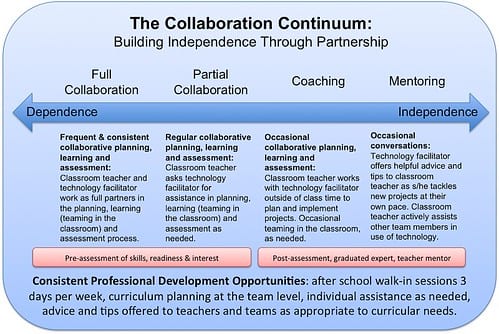Leadership coaching is all about helping leaders (managers and supervisors) within organizations to realize their full potentials. Leaders today are not only expected to know how the business runs but also how they can work effectively with their colleagues. This can promote efficiency and productivity within the company that they are working for.

In today’s extremely difficult economic environment where every organization is trying to get more out of less, the quality of leadership becomes exceptionally important. Change is the norm. Organizations are selling, merging, downsizing and rightsizing creating what seems to be an endless state of chaos and one that if not managed correctly, can spell doom for the company.
This challenge, this requirement to have strong management during times of change is the principal reason organizations are investing in leadership coaching programs.
Change is a problem for many individuals. They find it hard to accept. This is true in all aspects of life, including work. If the workplace was ideal, employees would gladly embrace any and all changes required to see that the company not only survives but thrives. Unfortunately, the reality is the polar opposite. Any attempt to change is faced with resistance, hostility, and skepticism. The workers fight to retain the status quo. Instead of implementing a voluntary acceptance plan, managers must force employees to adopt the necessary changes. This increases the level of resentment in the workplace. Ill-feelings are alive and well creating a negative workplace where productivity and performance plummet. If a good leader is present, however, employees are more apt to embrace and even take up the cause.
How can you get the best performance possible out of senior leadership through a solid investment in a company’s financial future?
Studies show that 70% of businesses who go through a downsizing don’t realize any economic gain for over a year because of the almost immediate drop in productivity that the downsizing causes. Leaders charged with the transition of a downsizing can benefit from coaching and learn what they must do to avoid the common problems of low morale and serious slips in productivity. A coach can help explain the challenges and how the leader’s abilities can best be used for a successful transition.
There are always that group of highly talented people that key to a businesses operation. They sell more, they motivate better, they are geniuses in finance and you don’t want to lose them. Getting that group coaching accomplishes two things. It demonstrates to the individual that the organization values their service and prevents brain drain. Secondly, high achievers are always looking for a way to sharpen their edge and coaching satisfies that need.
When an organization promotes a person into an executive position, particularly if they are coming from sales or a technical department, business coaching can get them up to speed in their new managerial responsibilities quickly. Having a coach during this time can make the difference between a smooth transition and one that ends up badly.
It often seems that the higher up you go the fewer people you have to confide in. The more that you are cut off from open communication with peers, the more self-contained you become and that can lead to a staleness. Having a coach or a mentor can provide the senior executive with the sounding board he so desperately needs to stay fresh and innovative.
Many of the same skill sets that a coach would use with an executive one on one can be applied to groups or teams as well. Team management is becoming a popular way to combine the best of the organization’s talent but it also comes with potential problems in communication and mutual respect.Leadership Coaching can help cut through those problems and have the team in a productive mode quickly.
The very fact that the organization is spending some of its precious resources on an executive almost compels that executive to succeed. Being the recipient of one on one coaching and improving personal skills and strengths is viewed as a very special benefit and will engender a higher sense of loyalty and commitment to the organization’s mission and vision.
We started this article off by saying companies are looking to get more out of less. Coaching gets better management skills, sounder decision-making, higher levels of energy and an inspiring leadership from fewer executives. These qualities drive sales and productivity and are key elements in driving dollars to the bottom line.
There are numerous niches for coaching, but in my perspective, there are typically two major categories: personal and professional coaching. Interestingly, I believe that both overlap as it is nearly impossible to separate one's personal life from one's professional life. Below are common coaching niches that my services cover.

Business coaching helps to cut through distractions, increase your performance, find your focus, define the scope of your role, and pinpoint your reason “why” you’re doing what you're doing.

Executive coaching helps the coachee utilize coaching techniques to facilitate the individual growth of team members while improving workplace performance and goal-achievement.

The role of a life coach is in many ways to be that of a cheerleader or an avatar that keeps you encouraged, motivated and with your primary objectives and goals in mind.

Personal development coaching focuses upon improving self-awareness, create an empowering identity, enhancing one’s quality of life, determining one’s primary life purpose, and developing necessary resources.

Neuro-linguistic programming (NLP) coaching is focused upon self-awareness enhancement, goal achievement strategies, interpersonal communication, and understanding human behavior through flexible, subjective perspectives.

Leadership coaching is primarily focused on helping organizational leaders to gain a solid sense of identity, purpose, motivation, empowering resources, goal setting strategies, and synergistically using coaching to realize one's full potential.